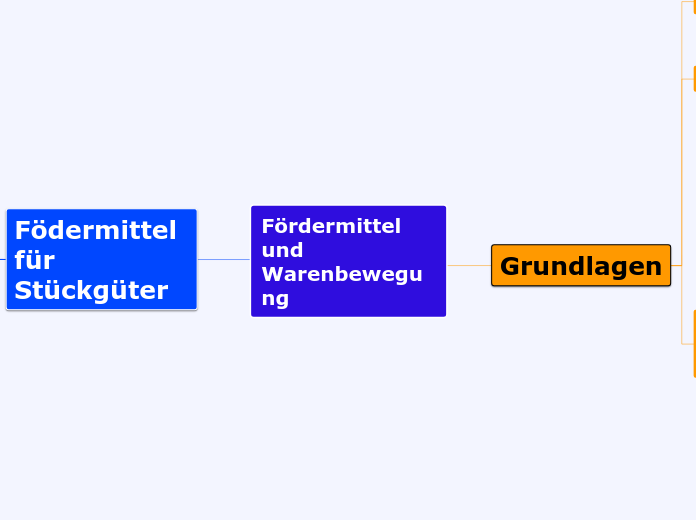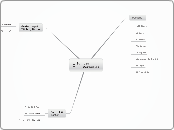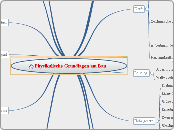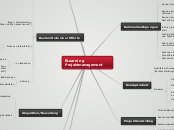Fördermittel und Warenbewegung
In linguistics, syntax is the set of rules, principles, and processes that govern the structure of sentences in a given language, usually including word order.
Födermittel für Stückgüter
A complex sentence is a sentence that contains an independent clause and one or more dependent clauses.
An independent clause can stand alone as a sentence, but a dependent clause even though it has a subject and a verb cannot stand alone.
Flurfreie Unsteigförderer
Rohrpostanlage
Elektrohängebahn
Säulendrehkran
Portalkran
Brückenkran
Flurgebundene Unsteigförderer
Hebebühne
Senkrechtförderer
Fahrerlose Transprtsysteme
Schlepper bzw. Hubwagen
Gabelstapler
Attributive clauses serve as an attribute to a noun (pronoun) in the main clause. This noun or pronoun is called the antecedent of the clause.
geringere Automatisierung
höhere Personalaufwand
zeitliche Flexibilität
Flurfreie Stetigförderer
An adverbial clause is a group of two or more words that function as an adverb in a sentence.
Schleppkreisförderer
Kreisförderer
Flugebundene Stetigförderer
An appositive clause follows another noun or noun phrase in apposition to it; that is, it provides information that further identifies or defines it.
Unterflur-Schleppkettenförderer
Rutschen
Förderband
Tragkettenförderer
Rollenbahnen
Nachteile
The subject clause is a dependent clause that acts as a subject.
geringe Flexibiität
hohe Invesstionskosten
Vorteile
The object clause is a phrase on which a verb performs an action. It falls at the end of a sentence, and is governed by a verb or a preposition.
geringer Personalbedarf
hohe Automatisierbarkeit
Grundlagen
Kriterien für die Auswahl des Fördermittel
The attribute is defined as a quality or characteristic of a person, place or thing.
Kosten
Personalkosten
Energiekosten
Flexibilität
Förderstrecke
Hindernisse
Entfernung
Förderleistung
Menge je Zeiteinheit
kontinuierliches Fördern
Eigenschaften
Abmessungen
Form,Gewicht
Aggregatzustand
Stückgut
Schüttgut
Arbeitsbereich
The predicative is defined as an adjective or noun forming or contained in the predicate.
Its main trait is that it serves to express a property that is assigned to a 'subject'.
For e.g.: The dog is old.
flurfreie Förderer
flurgebundene Förderer
Förderprinzip
The subject of a sentence is the person, place, thing, or idea that is doing or being something. You can find the subject of a sentence if you can find the verb.
Ask the question, 'Who or what 'verbs' or 'verbed'?' and the answer to that question is the subject.
Unstetigförderer
Stetigförderer









